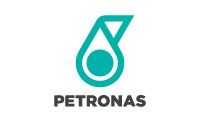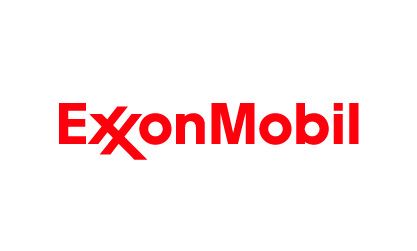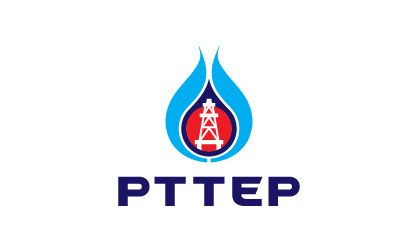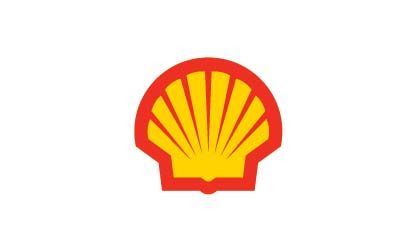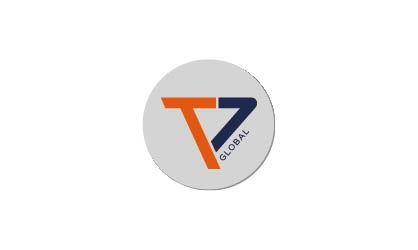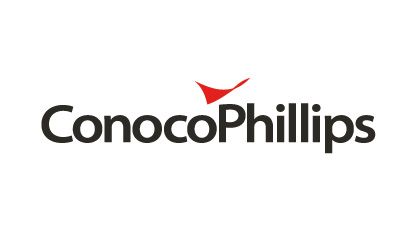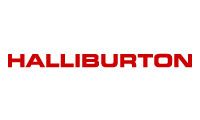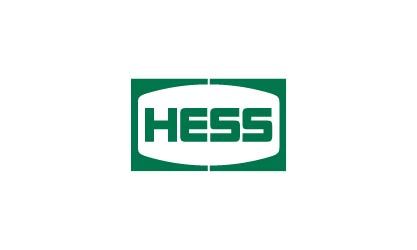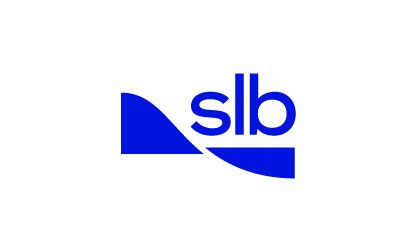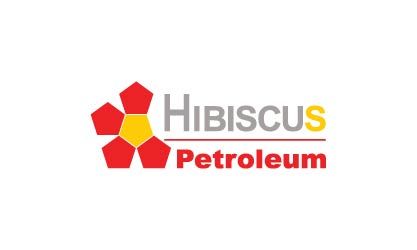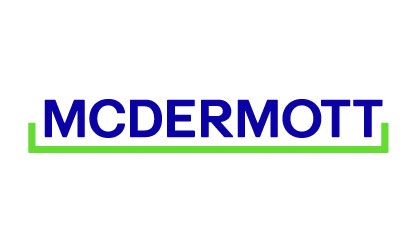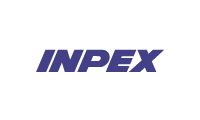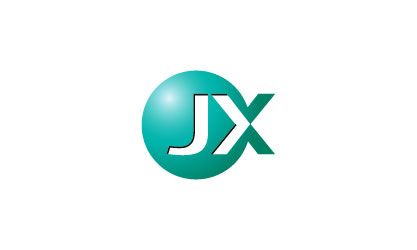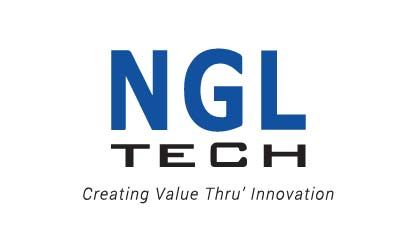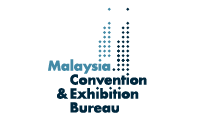Technical Panel 10: Decommissioning: Ensuring Safe and Sustainable Offshore Solutions
Safe decommissioning and sustainable solutions for offshore facilities require careful planning, adherence to regulations and consideration of environmental and social impacts. The industry has developed various project value assurance processes that can effectively guide decommissioning projects. These processes typically start with establishing expectations, ground rules and an opportunity statement. The first phases tend to look wide and the later phases are narrowing the options through value drivers and success factors.
Each phase must consider the following aspects at an appropriate level:
- Safety and Risk Assessment: Identify potential hazards, develop mitigation measures, and prioritise worker safety.
- Regulatory Compliance: Stay up-to-date with relevant laws and regulations, ensuring that all activities adhere to environmental, health, and safety guidelines set by regulatory authorities.
- Environmental Impact Assessment: Evaluate potential environmental impacts, including material disposal, marine life disturbance and water pollution. Assess measures to minimise and mitigate these impacts.
- Stakeholder Engagement: Involve all relevant stakeholders, including local communities, environmental groups, and governmental bodies. Listen to their concerns, provide transparent information, and consider their feedback in decision-making.
- Cost-effectiveness: Evaluate options and technologies for cost-effective, environmentally responsible solutions, including long-term maintenance.
- Recycling and Waste Management: Prioritise recycling, proper waste management, and compliance with hazardous waste regulations.
- Monitoring and Reporting: Assess monitoring programs to track the environmental, social and safety impacts during and after implementation. Provide regular reports to regulatory authorities and stakeholders on progress and results.
- Innovative Technologies: Incorporate innovative technologies and methods to improve efficiency and sustainability.
- Knowledge Sharing and Collaboration: Promote industry-wide knowledge sharing and collaboration to learn from past experiences and adopt best practices.
- Reuse and Repurposing: Explore opportunities for reusing or repurposing offshore facilities or components for other purposes, such as artificial reefs, aqua-culture or renewable energy projects.
- Social Considerations: Account for social impacts, including employment opportunities, local economic effects and cultural heritage preservation.



